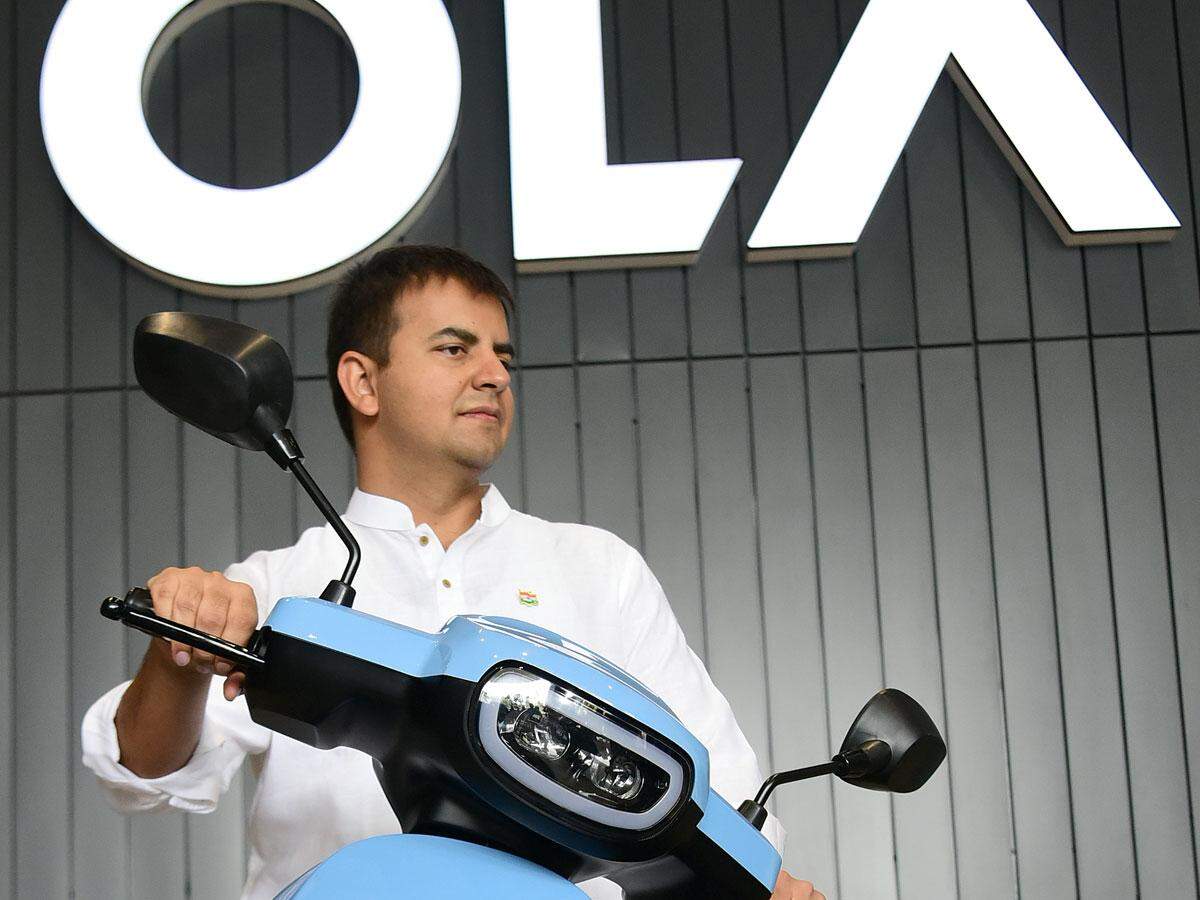
Bhavish Aggarwal has put an end to speculations that there could be other motives behind his take on Elon Musk‘s call for a duty cut on electric vehicles in India.
The Tesla boss had said that he wanted to sell his vehicles in India, but that import duties here were too high — in fact “the highest in the world by far of any large nation”. Musk’s call was later seconded by auto giant Hyundai.
Musk had urged the Indian government to bring import duties down from the current 60-100% to 40%.
Subsequently, some senior government officials had hinted that the government could consider Musk’s demand, and even give Tesla some other incentives if the company were to make cars locally.
In response to the development, the Ola boss had aired his disapproval showing his disagreement. India should have the confidence in its ability to build locally and attract global giants to make in India, and not just import, he had said.
His disapproval was viewed by some quarters as a sign of a brewing rivalry with Tesla ahead of the launch of Ola’s much-awaited e-scooter foray.
The Ola CEO has now cleared the air on why he said he disagreed strongly with Musk’s call, spelling out the reasons for opposing a cut in import duties for EVs.
In an interview to ET, Aggarwal said that rather than importing, the Indian industry should instead focus on building EVs locally. The best way for India to speed up its EV journey is by building the technology and manufacturing ecosystem in India, he said.
According to him, the reason behind his stand is simple: A global carmaker like Tesla that sells “five, or 20, or 100 vehicles per year” in India by importing them from outside, is going to serve the ecosystem in no meaningful manner.
Taking on speculations that Ola didn’t want competition and that it might have been wary of Tesla, Aggarwal said “nothing could be further from the truth”.
“We want any kind of competition, it only makes the ecosystem better and it’s good for the consumer. So we welcome everybody, but they should produce in India,” he said.
According to him, making those EVs in India — as opposed to importing them from outside — is the best way to make the Indian ecosystem grow.
As for competition, Ola has already stolen a march over many of its potential rivals by going quickly from being a mere ride-hailing company to also being an EV player. Ola Electric Technologies, set up in January to make two-, three-, and four-wheeler EVs, unveiled its S1 and S1 Pro electric scooter models in August, for which booking will start from September 8 and deliveries from October in a thousand towns and cities in the country.
As many as 1,00,000 pre-bookings were received within the first 24 hours of the launch, the company said in a statement.
Tesla or not, it is high time India went full-throttle on EVs, Aggarwal says. For the record, he has already issued a clarion call to industry to “look ahead, reject petrol, and commit to electric”. He wants that all two-wheelers sold in India be electric by 2025.
The govt has already done its bit in terms of setting up an ecosystem, and and it is now up to the automakers to make the most of it and make India a global EV giant, Aggarwal says.